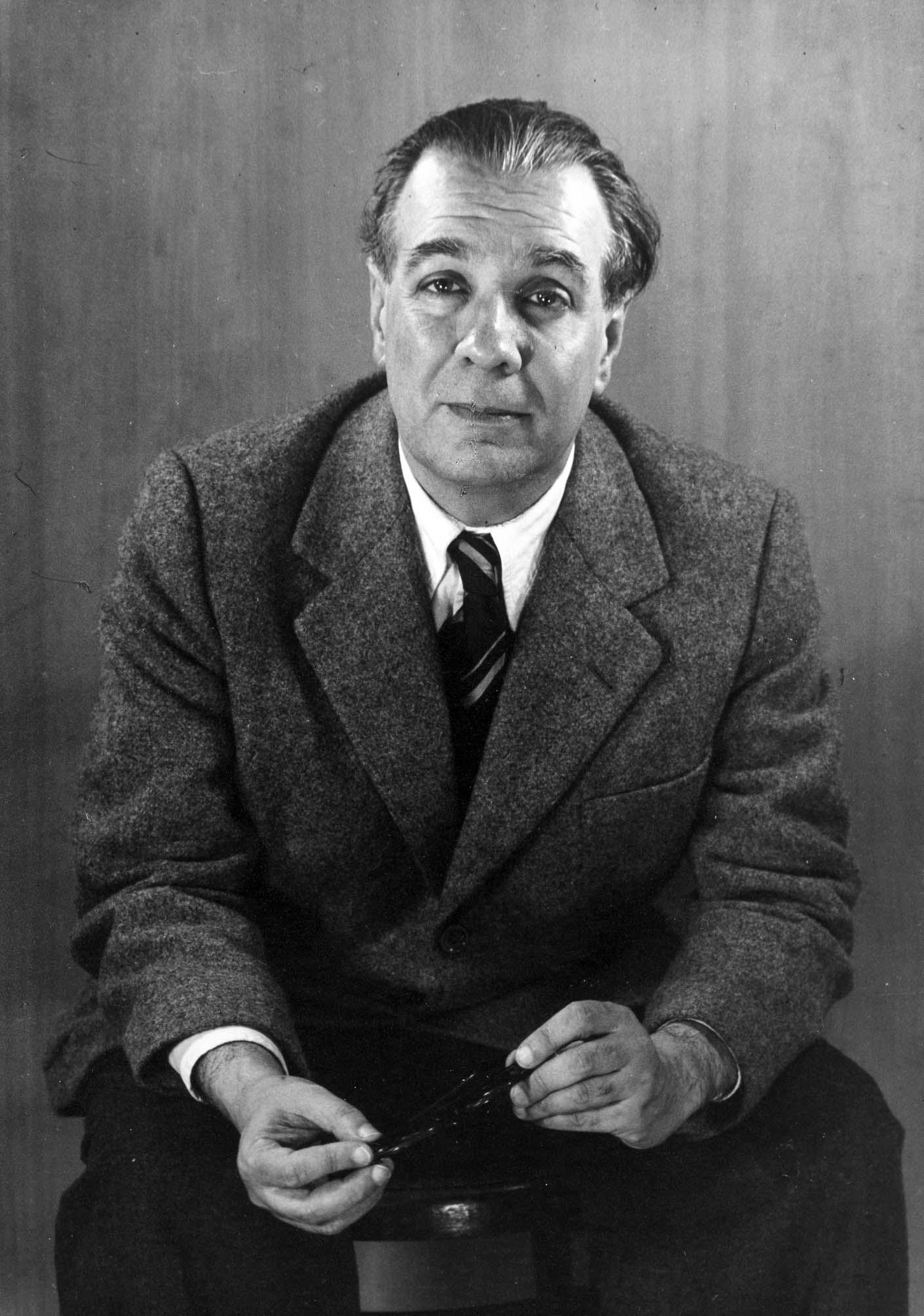By Stella Glorie
From Aristotle to Austen the way we view the world is shaped by the works of great authors. It’s easy to associate writing with the visual act of putting pen to paper, but across history some of the most culturally important writers have been blind or had low vision.
5. Sue Townsend
Sue Townsend (1946-2014) was the writer of the Adrian Mole series of over nine books from 1982 to 2009, which have sold over 10 million copies. Townsend wrote the last three when she was registered as blind. She was open about her failing eyesight, which she lost through diabetes, and she wove it into her work when one of the recurring characters, Adrian’s best friend Nigel, lost his vision. During this time she continued to write using both a voice recorder and voice-to-text.
When asked by The Guardian about being declared totally blind, Sue said “It's quite exciting really. I'm trying to work out how to turn it to my advantage. I will, you know.”
4. Oliver Sacks
British writer and neurologist Oliver Sacks (1933-2015), best known for his best-selling case histories such as The Man Who Mistook His Wife for a Hat, was another writer who was very open about his loss of vision. He not only wrote about his own blindness, as a result of a tumour, but explored a number of case studies from people who experienced vision loss or sight problems in his 2005 book the Mind’s Eye. Sacks was described as the "poet laureate of contemporary medicine" by the New York Times, and his works have been adapted many times including the Academy Award nominated film ‘Awakenings’ starring Robert De Niro.
3. James Thurber
These are both examples of people who became writers while incidentally being blind but in the case of humourist James Thurber it was his blindness that propelled him.
James Thurber (1894-1961) was blinded as a child when his brother shot him in the eye with an arrow while recreating the legend of William Tell. Unable to access sports and other activities in his childhood, he developed a creative mind which he used to express himself through writing. Thurber’s short story The Secret Life of Walter Mitty has twice been adapted for film. Thurber famously said “The kingdom of the partly blind is a little like Oz, a little like Wonderland… Anything you can think of, and a lot you would never think of, can happen there.” In such a world, described in The Admiral at the Wheel (1936), common objects “blur into fantasy” as Thurber, without his glasses, sees such remarkable sights as an electronic welder transformed into “a radiant fool setting off skyrockets by day.” People have since speculated that Thurber had Charles Bonnet Syndrome, which manifests itself in visual hallucinations caused by the brain’s adjustment to significant vision loss.
2. Alice Walker
American author Alice Walker (1944- ) won the Pulitzer Prize in 1983 for her iconic novel The Colour Purple. The book was made into a film directed by Stephen Spielberg and starring Whoopi Goldberg. Walker was blinded in one eye as a child when shot with a BB gun by her brother. She wrote about this experience in the essay Beauty: When the Other Dance is the Self which focuses on the ways the change to her vision and appearance affected her life. Walker is also an influential feminist who coined the term “womanist” to describe “black feminists and feminists of colour” in 1983.
1. Jorges Luis Borges
Poet, short-story writer, and literary critic Jorge Luis Borges’ (1899-1986) vision loss informed much of his work and was said to have liberated the writer from his shyness. Already a well-established writer Borges dubbed his progressive blindness as a “slow nightfall” and that he was “modestly blind”. Once blind he wrote his lectures and committed them to memory. It has been argued that due to his output of work that Borges found his blindness liberating. In his 1985 poem On His Blindness he wrote:
At the far end of my years I am surrounded
by a persistent, luminous, fine mist
which reduces all things to a single thing
with neither form nor colour.
Borges has been described as one of the 20th century’s most important writers, and has been cited as an influence by other prominent writers such as William Gibson and J. M. Coetzee. Coetzee said that "[Borges], more than anyone, renovated the language of fiction”.
As these writers show, some of our most influential cultural figures are people who are blind or have low vision. If this article has gotten you in the mood for a good book you can find all of the authors mentioned above in the Vision Australia library, follow this link for more information and to join.
Listen to an interview with Professor David Walker, an Australian historian who is blind, on Talking Vision
Emeritus Professor David Walker AM (1945- ) is a historian much of whose work concentrates on the history of Australia's engagement with Asia. describing how in late 2004 he suffered a sudden and severe loss of sight that rendered him legally blind and limited his ability to continue archival research. After his diagnosis of macular degeneration he wrote the personal history Not Dark Yet. He was recently acknowledged in the Queen’s Birthday Honours list for significant service to education as an academic in the field of Australian studies, and in international relations. You can listen to an interview with Professor Walker on Talking Vision here .














